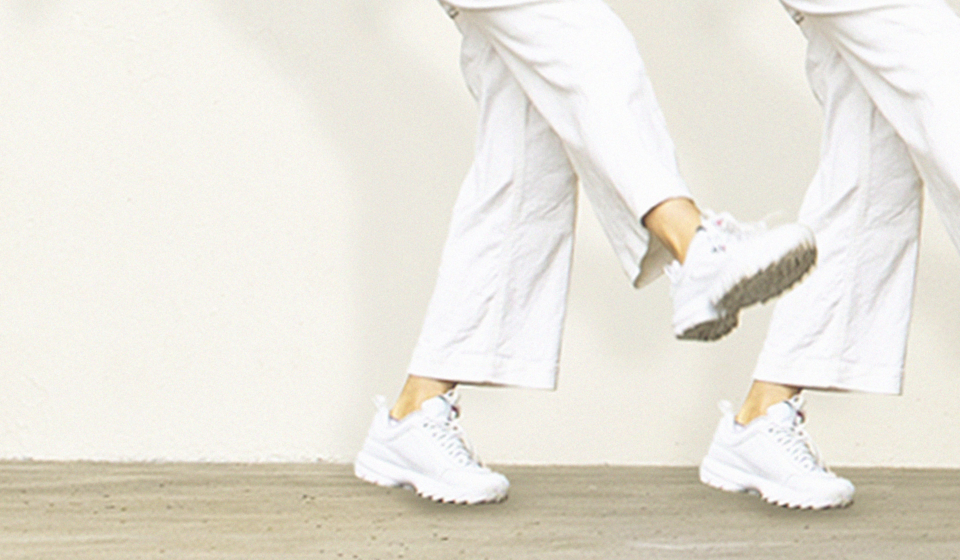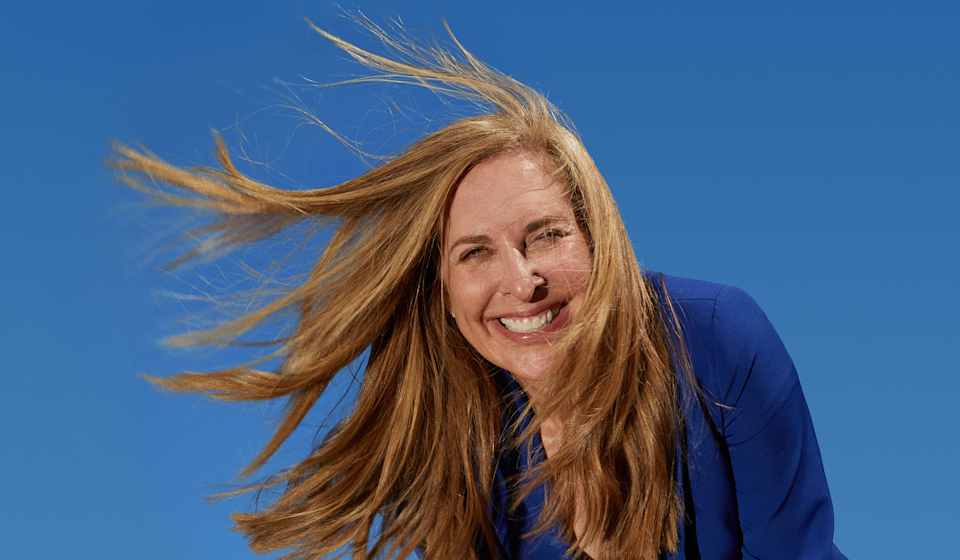Essential Takeaways
- From our POV, healthy aging has nothing to do with covering gray roots or relaxing wrinkles—it's about supporting your body from the inside out as you age.*
- As your body goes through menopause, your nutrient needs change. That's why it's important to invest in supplements designed to help fill dietary gaps for different life stages.*
When we began our long, obsessive road to creating a multivitamin for women over 50—along with our plant-based protein powder, Essential Protein 50+—it was always a given that they would support healthy aging from within.
But what does “healthy aging” even mean? That’s a great question. Here's how we see it.
"Healthy Aging": Supporting the Body From the Inside Out As You Age
In short, “healthy aging” means doing what you can to support your body and your wellbeing as you age.
Of course, wellbeing is a bit subjective—but the idea is that you should be able to lead a life well-lived, depending on what that looks like for you. According to our science team, “healthy aging” just means supporting your body for whatever that may be. And that’s the maxim that we kept in mind while formulating Essential for Women 50+, and Essential for Men 50+ and Essential Protein 50+.*











